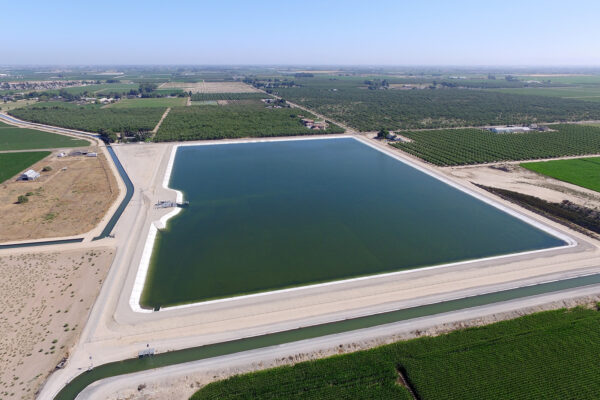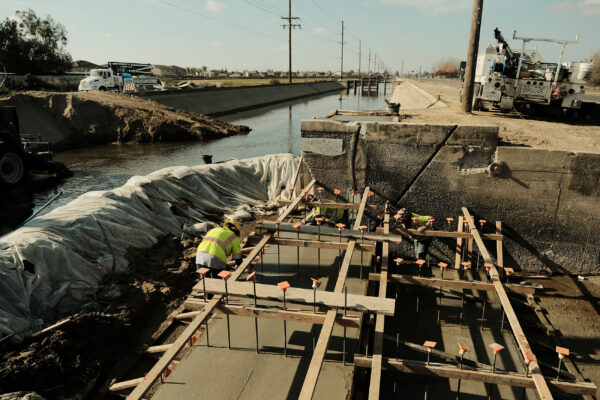We are monitoring a series of storms in the forecast, which could cause weather-related outages in our area. If you experience an outage, please visit www.tid.org/Outages for updates.
TID, your community-owned utility, has worked hard to provide some of the lowest irrigation rates in our region and throughout the state. Given the increased costs to provide reliable irrigation water, increased maintenance of aging infrastructure, and the increased customer demands on our system, Turlock Irrigation District has increased rates for the first time in 10 years.
Included in rate evaluation are factors that impact our ability to maintain our current level of reliability, carry out needed capital improvement projects to update aging infrastructure, add new infrastructure to accommodate changing hydrology and water supply availability.

TID customers benefit from the District owning and operating a widespread irrigation system. Improvements that fortify and modify our existing infrastructure are required to preserve the integrity of our system, maintain our strong record of reliability, and improve water efficiency.

TID serves 150,000 acres of irrigated land across a 307 square-mile service area. Some of TID’s more than 250 miles of gravity-fed canals are nearly 130 years old, and significant improvements and maintenance is needed on this aging infrastructure.
TID has approved a 6.2% increase over the next three years, beginning in 2025, with roughly a 2% increase each year. There are also proposed changes to the structure of TID’s Irrigation Rates, as seen in the table below. Tiers 1 – 3 will be consolidated into a single rate; Tier 4 will remain at it’s current price of $20 per acre-foot. The Fixed Charge in both Normal and Dry Year types will also remain the same under the proposed rates.
| Irrigation Rates - Effective 2015 | Irrigation Rates - Effective | 2025 | 2026 | 2027 | |||
|---|---|---|---|---|---|---|---|
| Normal Year Fixed Fee per Acre | $60 | $60 | $60 | $60 | |||
| Dry Year Fixed Fee per Acre | $68 | $68 | $68 | $68 | |||
| Volumetric Rates (AF per Acre): | Volumetric Rates (AF per Acre): | ||||||
| Tier 1 | $2 | Tier 1 - Tier 3 (Up to Available Water) | $2.70 | $3.23 | $3.83 | ||
| Tier 2 | $3 | ||||||
| Tier 3 | $15 | ||||||
| Tier 4 | $20 | Tier 4 (Over Available Water) | $20 | $20 | $20 | ||
To learn more about how these important TID projects will affect future TID irrigation water rates, we encourage you to attend or tune in to the following public workshops.
The workshop will be held at 333 E. Canal Drive, Turlock or www.TID.org/BoardMeetings.

TID irrigation customers have not experienced a rate increase since 2015.

The TID Board of Directors is hosting a Public Workshop on November 5, 2024 at 9 a.m. Customers can attend the meeting in-person at 333 E. Canal Drive, Turlock or watch online at www.TID.org/BoardMeetings.

The Normal and Dry Year Irrigation Rate Schedules are available at www.tid.org/irrigation/irrigation-rates.

The current Irrigation Rate Schedule includes a schedule for both normal and dry years. Each schedule includes a fixed charge per acre plus water charges. Prior to each irrigation season, the Board will analyze several variables and determine whether to use the normal year or dry year rates.